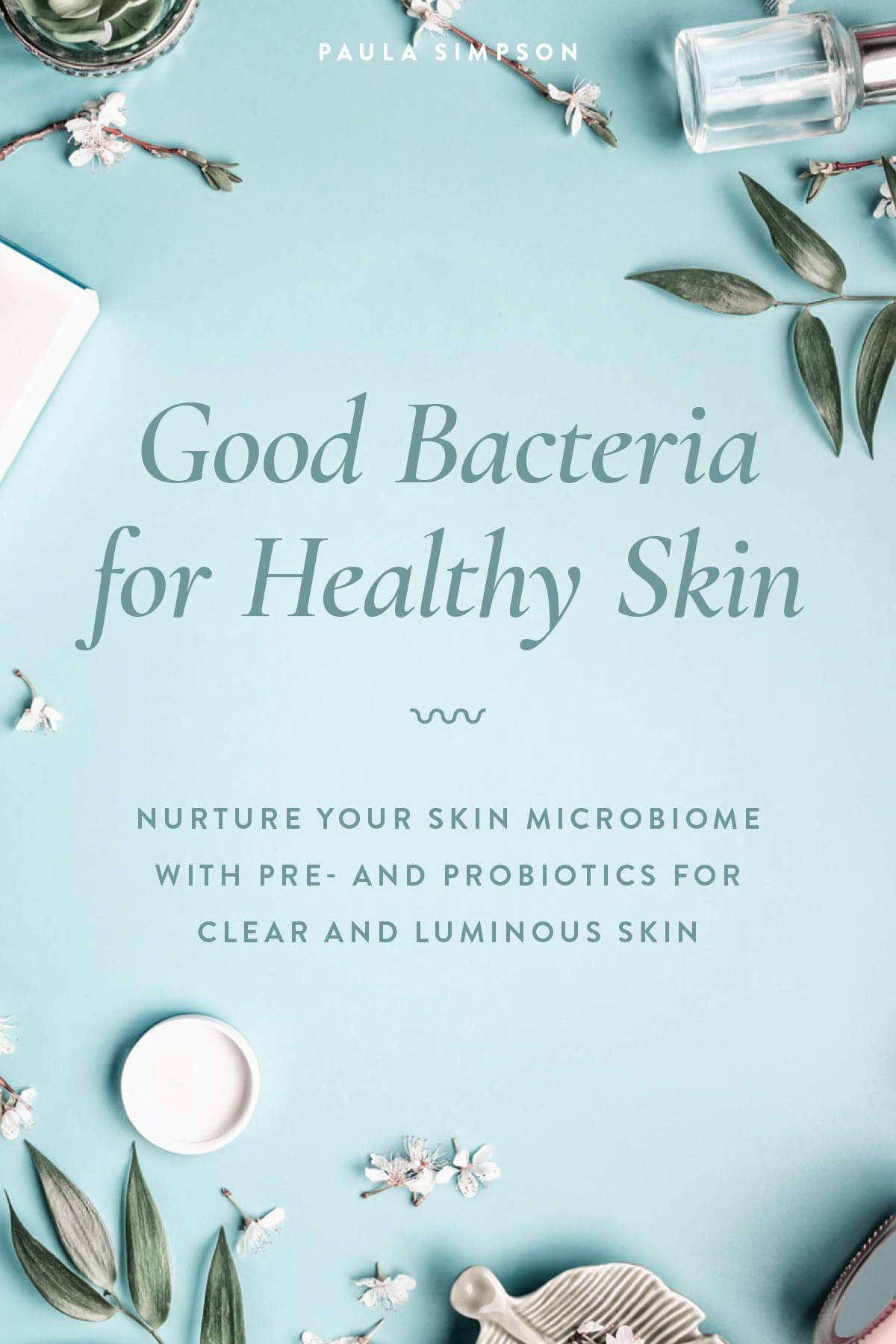With fall in full swing, it is time to get proactive about health — starting with vitamins. Shopping for vitamins can get overwhelming, especially if you are looking for a one-and-done approach via a multivitamin. But it doesn’t have to be that stressful. In fact, it should be simple — or at least the ingredients list should be. Up ahead, we unpack how to pick the right multivitamin, plus the ingredients every multivitamin should feature in their formula lineup.
When it comes to multivitamin ingredients, less is more. “Too many ingredients minimize effectiveness and offer more of a marketing plow over true health benefits,” says Paula Simpson, a beauty nutritionist, biochemist, and author of Good Bacteria for Healthy Skin.

One reason experts recommend tightening your focus on the number of ingredients is that multivitamins should be elevating your healthy habits, not replacing key aspects of diet and nutrition. “Multivitamins can be a great addition to a proper diet and can provide [the] key nutrients you need for optimal health,” says Alissia Zenhausern, NMD, a naturopathic physician at NMD Wellness of Scottsdale. “If you are eating an unhealthy diet, don’t think a multivitamin will give you all the nutrients you are missing — it just won’t be enough.” When coupled with healthy eating habits, multi-vitamins can “help bridge the gap between marginal deficiencies to support a healthy body,” adds Simpson. On the topic of multivitamins, vitamins C, D and E are common ingredients. That is because “more than 40 percent of adults in the United States have dietary intakes of vitamins C, D [and] E below the average requirement for health,” explains Simpson. These vitamins and minerals can be found in our diet — for example, vitamin D is found in sardines, eggs, salmon and mackerel — but many of us are not exposed to enough of them.
Reminder! As with any supplement, it is important to discuss multivitamins — and vitamin deficiencies — with your doctor before scanning the vitamin aisle at your local health food store.
Vitamins
Vitamin C is commonly known for its ability to protect our body and fight off illness by strengthening the immune system and boost iron absorption. A natural antioxidant, the multivitamin ingredient can also “help with cellular repair and can reduce premature aging,” says Zenhausern. When shopping for a multivitamin with vitamin C, Zenhausern says to keep the average dose of 50-100 mg/day.

Vitamin D can be found in food — and through healthy amounts of sun exposure — and can help to improve bone health, the nervous system, and some studies show that vitamin D might help you live longer. “Vitamin D acts more like a hormone than a vitamin and can support our natural immune system,” notes Zenhausern, adding that the average person should get 2,000 IU/day.
Vitamin E is anti-inflammatory and necessary for eye, brain, and blood health. On top of that, it is an antioxidant which can work to ward off environmental aggressors that wreak havoc on the body such as germs and pollution, ensuring a healthy immune system. But, in addition to benefiting health, it can also benefit the skin. “Vitamin E is a key vitamin for skin integrity and skin health,” explains Zenhausern. For the average dose of vitamin E in a multivitamin, look for 19 mg.
Ferrochel Iron Chelate
Iron is a common multivitamin ingredient for its immune system and energy-boosting benefits. That said, Zenhausern says you don’t want just any iron in your multivitamin. Instead, look for Ferrochel iron chelate, which is “the most bioavailable form of iron and does not cause constipation the way so many other forms of iron do.” The reason why Ferrochel iron chelate is superior to others is that it “it the most readily absorbed by our body,” explains Zenhausern.
Methylated B Vitamins
When shopping for a multivitamin, Zenhausern always looks for methylated B vitamins which means “the B vitamins are in the active form.” The reason for this is because “one in four people will have an MTHFR mutation, [which] prevents you from methylation otherwise known as activating B12,” explains Zenhausern. “This is why I recommend taking a multivitamin with methylated B12 and folate because it will bypass the pathway where the MTHFR mutation is and will allow you to absorb the B12 correctly,” she adds.
While these multivitamin ingredients can help maintain your body’s vitamin status… it will not fix a deficiency.
While these multivitamin ingredients can help maintain your body’s vitamin status, Zenhausern says it is important to note that “it will not fix a deficiency [as] your multivitamin will not be enough to get you back to optimal levels.”
Minerals
According to Zenhausern, minerals are “involved in a variety of our body’s functions, including building strong bones and helping nerve impulses for heart and brain function,” which makes them a beneficial multivitamin ingredient. On top of that, they can “help improve absorptions,” which is a plus when supplementing vitamins. “The majority of our minerals are absorbed in the small intestine, this is why good gut health is critical for proper absorption,” she adds. One mineral we should all look for in our multivitamin is magnesium, as it helps the body relieve stress by calming the nervous system. It is also beneficial to bone health and can improve sleep habits. In addition to magnesium, Zenhausern says zinc, potassium and calcium are a few others to keep an eye out for.
The best way to consume a multivitamin is in pill form as it “will likely contain the higher quality nutrients with no added sugar,” says Zenhausern. “The concern with liquid and gummies is you are given unnecessary artificial flavorings and sugars.”
We only recommend products we have independently researched, tested, and loved. If you purchase a product found through our links, Sunday Edit may earn an affiliate commission.







